JAMAICA | A.J. Nicholson questions the loud silence of the Bar Association on issue of Appeals to the Privy Council
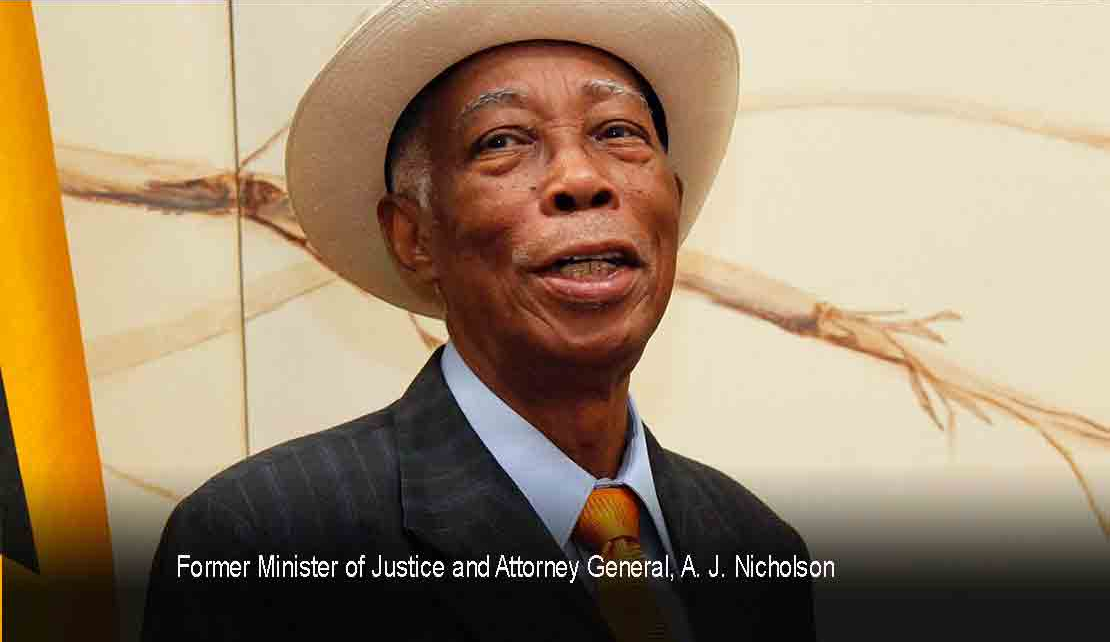
KINGSTON, Jamaica, December 11, 2022 - Resulting from observations that I made in a recent article in this publication as well as the Sunday Gleaner concerning the silence surrounding the hurdles in the way of unhindered access to Jamaica's final court of appeal, a colleague attorney made a direct enquiry of me in the following terms: "I fail to see what else the Bar Association can do since it is widely known that they have long ago urged the authorities to accede to the appellate jurisdiction of the acknowledged 'well established, financed' CCJ".
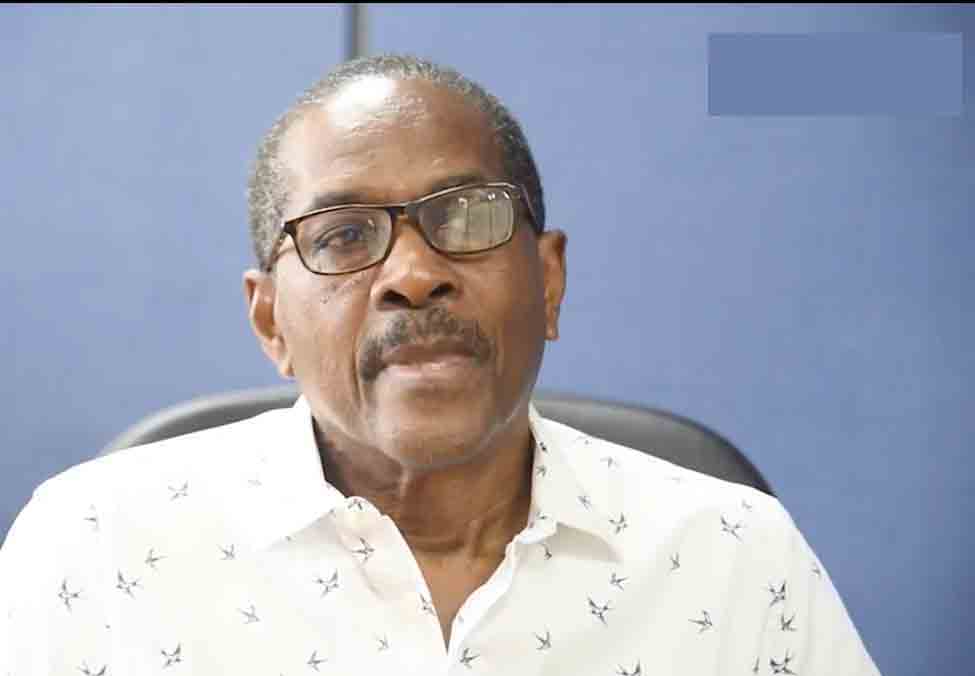
It could not be successfully argued that a satisfactory response came from the association.
And, in as much as the enquiry of my colleague member of the Bar Association must be appropriately addressed in collegial fashion, it is also considered meaningful for an open examination to be conducted into the merits of Justice Panton's timely challenge.
The Independence Constitution provides that Jamaica's head of state, His Majesty King Charles III, and the country's highest court of justice, the Judicial Committee of the Privy Council, a segment of the monarch's advisory body, are both located on British soil.
The imposition of a visa for Jamaican nationals to enter and transit the United Kingdom therefore translates into bewildering embarrassment to the integrity of the country's structure of government, and is also an unprecedented impediment in the path of access to the court of last resort.
The removal of that imposition or any variation of its conditions lies solely in the hands of the British government. However, the Jamaican authorities alone have the power, and the duty, to move the country away from the sullying impact on our structure of government and to eliminate the further impediment that it presents in the way of access to justice.
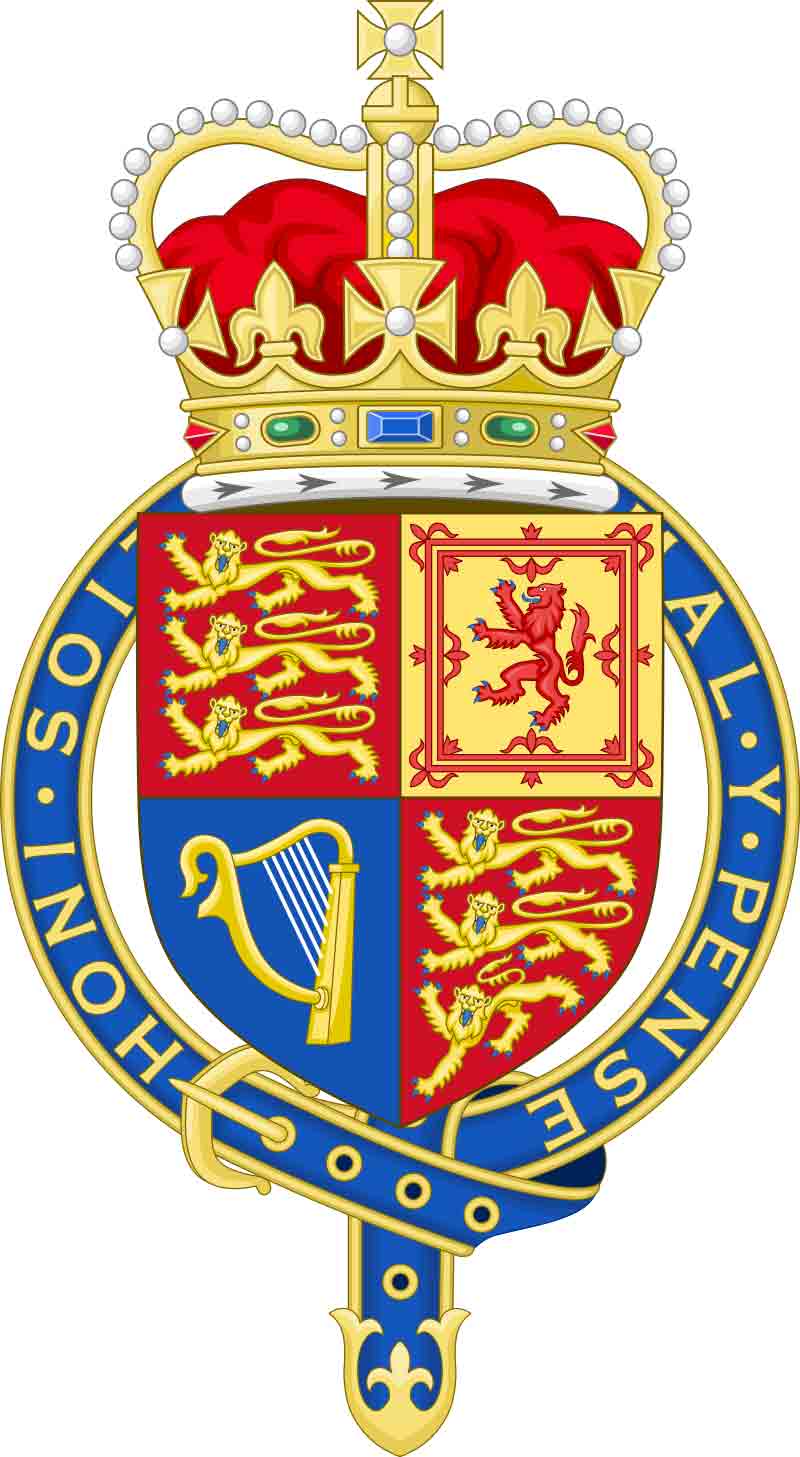
First, no other body of lawyers anywhere find, or have ever found, themselves confronted with such an outrageous hurdle and restraint in the pursuit of their professional duties.
It is a hindrance both to wouldbe petitioners who may seek access to, and presence at, their court of law; and to the legal representative who is professionally tasked with carrying forward the petitioner's wish. Such an outrage is nothing less than intolerable in any democratic society - an absurdity found in no other place on Earth.
There is no institution in the society better equipped than the Jamaican Bar Association to speak on the effects of that outrage. For, unlike all other institutions in the country, it's members are directly and negatively impacted in carrying out their professional duties.
Throughout the years, across Administrations, the Jamaican Bar Association has never been less than forthcoming in dutifully having its voice heard on this issue for Jamaica to delink from the British institution and accede to a regional final court whose judges would come to sit and adjudicate on matters right here on Jamaican soil.
The association's reasoned stridency over the years, as an influential pressure group, was based as much on the visionary push towards Jamaica's sustainable cultural and structural development as on the obvious impediments of distance and unaffordability in the way of access to the British court.
And, for good and judicious reasons, the association's views on relevant issues have never been ignored by the government of the day. Inexplicably, the present government has refused to follow that tradition, rejecting out of hand the association's urging for Jamaica to accede to the full jurisdiction of the Caribbean Court of Justice.
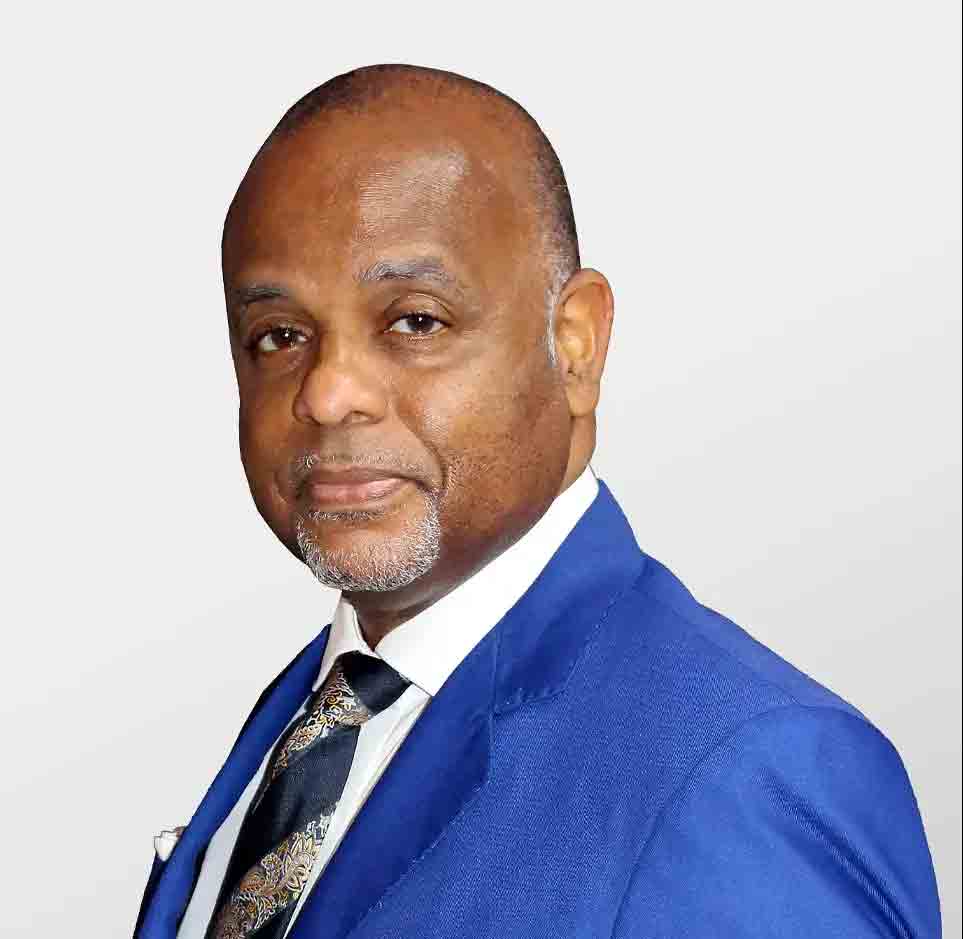
In the painstaking preparatory stage of the establishment of the regional court, with PJ Patterson as head of government, there was no more pronounced voice within CARICOM in advocating for the lasting strength of the supporting mechanisms on which the court would be anchored. The crusading zeal of one of its presidents, Derek Jones, remains a statement for the ages.
The association's studied recommendations, then carried forward by the late Dennis Goffe and David Batts, later Mr Justice Batts, their forceful representatives on the local preparatory committee, proved indispensable in strengthening the integrity of the Agreement Establishing the CCJ, in particular, the measures relating to the appointment of its judges and to its financial protocol, measures which are internationally held in high esteem.
And when the advice of the court, up to the level of the Privy Council, was sought concerning the correct route to be taken for Jamaica to delink from the British institution to adopt the appellate jurisdiction of the regional court, the association was an eager, conscientious petitioner.
The Jamaican Bar Association has long publicly set forth its full endorsement in strongly urging the authorities to accede to the CCJ. But that was in October 2015, over seven years ago.
And, surprisingly, there has not been a single further public comment or query emanating from the body of lawyers on this subject matter. That has been far too long a time of silence from the association.
Its members, the only body of lawyers on the entire planet who are hamstrung by this visa requirement in the pursuit of their professional duties, are clearly duty bound to advocate unwaveringly for the authorities to do something about it, and to keep reminding them that the impediment is removable within a short period of months by a special vote in the Parliament, with all preparatory work fully in place from several years ago.
This is not an issue that lawyers in an independent democracy can sidestep, certainly not in a Westminster style system of government, and not for such an inordinate length of time. It so affects the professional principles of the association that there can be no question of "what else can the JBA do"?
Respectfully, as long as this unparalleled impediment remains, there can be no silence on the part of the association; in truth, there ought not to be silence from any quarter in the society. Sure, there is, sadly, obstinate resistance from a section of the authorities; but then, was there not resistance to initiatives for the abolition of slavery, and for the grant of universal adult suffrage, and to more, many more game-changing initiatives over time?
And it gets unbearably worse! It is submitted that the association's advocacy cannot but be unceasing, pushed by the unwelcome hassle and expense attendant on obtaining a visa in seeking audience before a court whose judges - advisors to our country's head of state, the monarch - have so often publicly declared their strong wish and preference that final appeals from our jurisdiction would be removed from them and directed elsewhere. That, painfully, must certainly be the bitterest pill of all!
This, then, is of such fundamental importance to the members of the JBA in the practice of their profession, and to the integrity of Jamaica's structure of government, that compulsory questions and complaints ought to flow from the association to the authorities incessantly; as the lawyers say, ad nauseam.
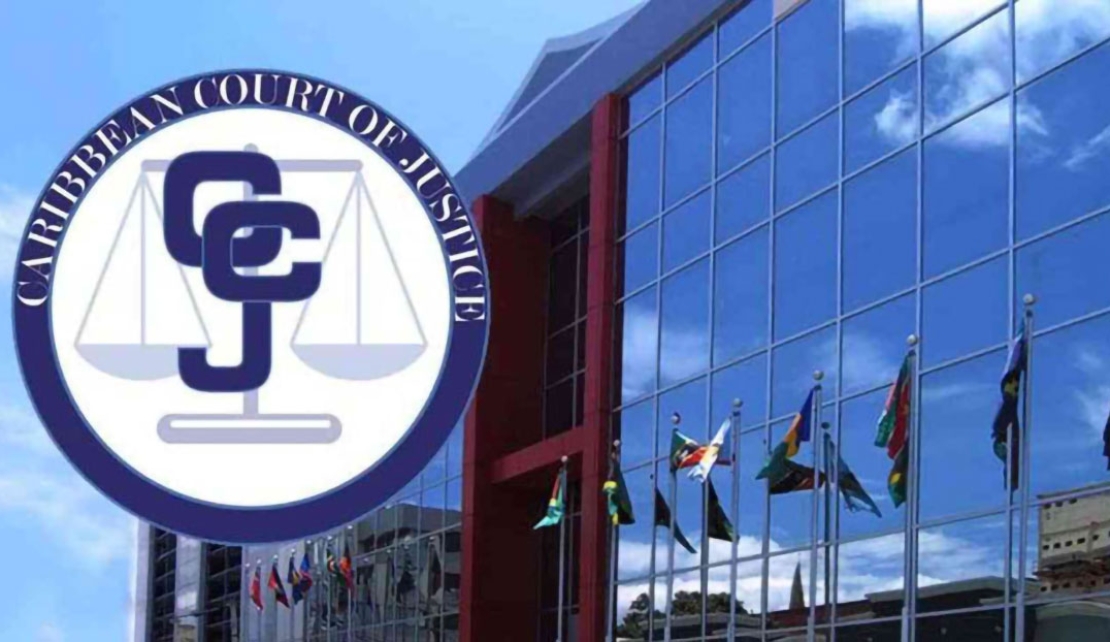
And Jamaica stands alone! Candidly, convention does not support the refusal of an association of lawyers to weigh in publicly against stubborn objection to vital change in the status quo, particularly where they are directly affected. Is there any doubt as to how lawyers in Australia or in the United Kingdom itself, for example, would react if shamefully placed in similar awkward circumstances? Who would be so reckless as to wager against them being a thorn in the side of the authorities, needling them: "why don't you carry out your duty and do something about it"?
And why would it not be just and reasonable for the Bar Association to seek answers from the governing Jamaica Labour Party as to the inappropriateness and disrespect accorded to the rule of law for the party to choose to defy the ruling that both organisations, joining with others, sought and received from the highest court, concerning the proper mechanism to be employed to lift this uniquely demeaning burden that affects the members of the association in their professional undertakings?
And it certainly does not lie in the mouth of anyone to suggest, for example, that, because the court is rarely used, this visa issue is of little or no moment. Surely, the overriding concern is for the principle which is unpardonably attacked by the impediment.
And, in any event, that stark evidence-based situation of so very little use being made of the services of the Privy Council provides the most powerful reason for the association's continued advocacy for moving away from the British institution. What is more, that lack of use unfairly continues to crush the legitimate aspirations of the vast majority of lawyers, depriving them of the highly respected and coveted experience of practising before their highest court.
The trailblazing initiative in the early post-colonial period for the British Caribbean independent territories to abolish appeals to the Judicial Committee of the Privy Council and to subscribe to a regional final court of appeal, when it came to be established, was memorably spawned by OCCBA, with the JBA in the forefront and remaining a steadfast and intimate contributor until the court came to see the light of day.
Clearly, the JBA's pathfinding mission for Jamaica to adopt the Caribbean Court of Justice as its final appellate tribunal cannot be regarded as having attained its desired aim; their work is not yet done! Parental duty manifestly remains for proactively assisting in ushering its progeny into full maturity, with abandonment or indifference, even perceived, to be consciously eschewed as being totally out of the question.
Is Mr Justice Panton's admonition, then, not required to be squarely and honestly faced and addressed? The membership of the Jamaican Bar Association surely cannot be content to continue existing within this fairyland experience, regardless of whether their dutiful voice in unanswerable advocacy might prove irksome in some quarters. That, more often than not, undoubtedly, is a good thing!
AJ NICHOLSON
